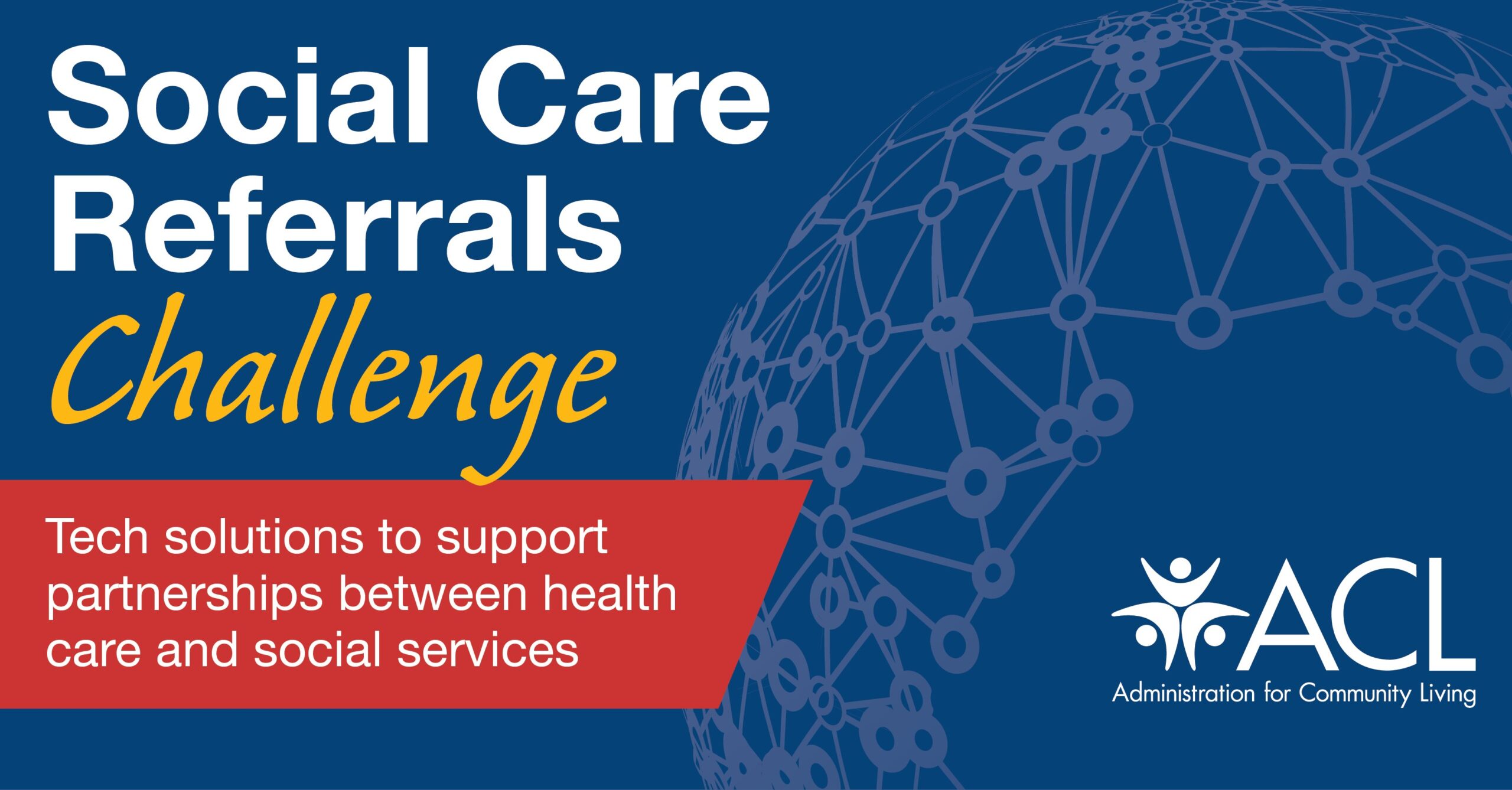Month: October 2020
-

Innovating Around the Intervention: Activate Care’s Coordination Tools, Powered by Open Referral
[Welcome to Jonathan Abbett, VP of User Experience at Activate Care!] Imagine if our healthcare and social service systems were able to seamlessly coordinate care around all of our physical, behavioral, and social health needs. Back in 2012, inspired by this vision, I joined a technology start-up that is now known as Activate Care. I…
-

HHS Technology Challenge calls for interoperability solutions using HSDS
The U.S. Administration for Community Living provides funding and support to networks of community-based organizations who serve elders and people with disabilities. ACL’s grantees include a vast array of services that help people cope with food insecurity and transportation issues, manage chronic disease, support employment and economic independence, reduce social isolation, and address other factors…
